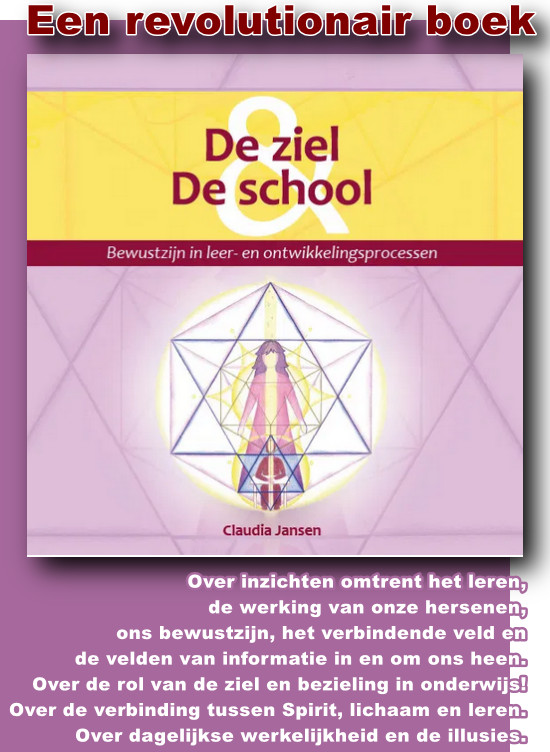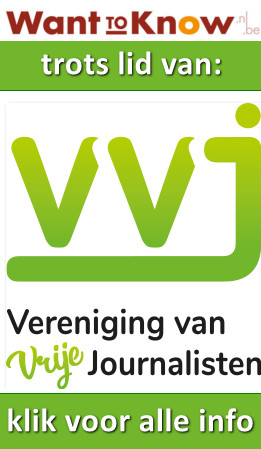Washington Post Owner Katharine Graham Advocates Secrecy in Press and Government
"We live in a dirty and dangerous world. There are some things the general public does not need to know and shouldn’t. I believe democracy flourishes when the government can take legitimate steps to keep its secrets and when the press can decide whether to print what it knows."
— Katharine Graham, former owner of the Washington Post, reported in Online Journal 2/5/04
Washington Post Promotes Agendas of Power Elite
In an article published by the media watchdog group, Fairness and Accuracy in Reporting (FAIR), [writer Doug] Henwood traced the Washington Post’s Establishment connections to Eugene Meyer, who took control of the Post in 1933. Meyer transferred ownership to his daughter Katharine and her husband, Philip Graham, after World War II, when he was appointed by Harry S. Truman to serve as the first president of the World Bank. Meyer had been "a Wall Street banker, director of President Wilson’s War Finance Corporation, a governor of the Federal Reserve System, and director of the Reconstruction Finance Corporation," Henwood wrote.
Philip Graham, Meyer’s successor, had been in military intelligence during the war. When he became the Post’s publisher, he continued to have close contact with his fellow upper-class intelligence veterans—now making policy at the newly formed CIA—and actively promoted the CIA’s goals in his newspaper. The incestuous relationship between the Post and the intelligence community even extended to its hiring practices. Watergate-era editor Ben Bradlee also had an intelligence background; and before he became a journalist, reporter Bob Woodward was an officer in Naval Intelligence.
In a 1977 article in Rolling Stone magazine about CIA influence in American media, Woodward’s partner, Carl Bernstein, quoted this from a CIA official: "It was widely known that Phil Graham was somebody you could get help from." Graham has been identified by some investigators as the main contact in Project Mockingbird, the CIA program to infiltrate domestic American media. In her autobiography, Katharine Graham described how her husband worked overtime at the Post during the Bay of Pigs operation to protect the reputations of his friends from Yale who had organized the ill-fated venture.
After Graham committed suicide, and his widow Katharine assumed the role of publisher, she continued her husband’s policies of supporting the efforts of the intelligence community in advancing the foreign policy and economic agenda of the nation’s ruling elites. In a retrospective column written after her own death, FAIR analyst Norman Solomon wrote, "Her newspaper mainly functioned as a helpmate to the war-makers in the White House, State Department and Pentagon." It accomplished this function (and continues to do so) using all the classic propaganda techniques of evasion, confusion, misdirection, targeted emphasis, disinformation, secrecy, omission of important facts, and selective leaks.
Graham herself rationalized this policy in a speech she gave at CIA headquarters in 1988. "We live in a dirty and dangerous world," she said. "There are some things the general public does not need to know and shouldn’t. I believe democracy flourishes when the government can take legitimate steps to keep its secrets and when the press can decide whether to print what it knows."
Source: Michael Hasty, "Secret admirers: The Bushes and the Washington Post" (Part 1), Online Journal, February 5, 2004.
Special Note: For a website which specializes in revealing the power brokers in the media and their probable agendas, see SourceWatch at www.sourcewatch.org
















1 gedachte over “Washington Post Owner Advocates Secrecy in Press and Government”
Reacties zijn gesloten.